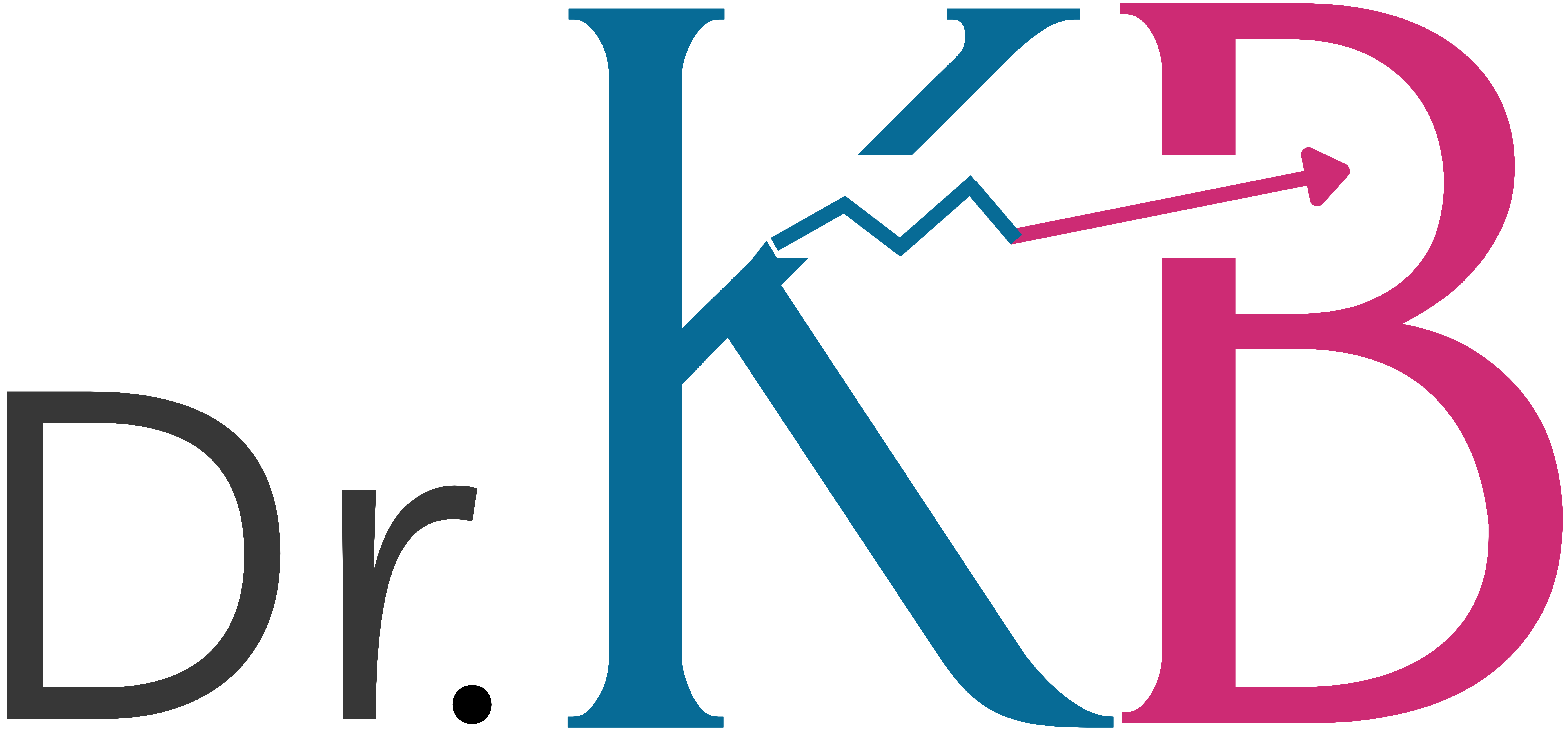Physician Career opportunities In The Pharmaceutical Industry
/ Blog, Non-clinical Career Spotlights
Are you wondering if a job in the pharmaceutical industry (Pharma) could be right for you?
This is the first in a series of posts about jobs for physicians in Pharma.
In this post, I will give you a general overview of Pharma. In subsequent posts, I will highlight entry level positions you can apply for if you want to transition out of a clinical role.
These positions are available within Pharma companies or Contract Research Organizations (CRO’s) with whom Pharma companies contract to provide services such as conducting drug trials.
The Pharmaceutical Industry And Physicians.
The Pharmaceutical industry develops, tests, and brings new drugs to market. Physicians are needed at every step along the way!
As a physician with clinical experience, you have a unique understanding of the pathophysiology of disease, experience with therapeutic options, and the issues patients face to manage their disease and adhere to drug therapies.
Here are some of the responsibilities you could have when you work in Pharma:
- Identify treatment gaps in disease management and help develop a strategy to address the gap.
- Assist or Lead drug development and testing.
- Monitor and interpret adverse events during drug trials.
- Communicate about the new drug to patients, prescribers, and government regulators.
The Major Functional Areas of A Drug Company.
There are four major areas where physicians are needed. There are variations to this, but this is a place to start.
MEDICAL AFFAIRS
The function of Medical Affairs varies from company to company. It’s best described as the bridge between the company’s clinical development, regulatory/safety, and commercial aspects.
Physicians who work in medical affairs have multifaceted roles. These include:
- Identify the needs in current disease treatment by talking to prescribers, patients with the disease, and disease experts (also known as Key Opinion Leaders- KOL’s).
- Bring this information back to the company and communicate the findings to drug developers, operations, and communications.
- Assist with drug product strategy. This includes reviewing drug placement in the market, its value to patients, prescribers, and payers, and gaps in research.
- Stay current with relevant scientific information through literature reviews and attending conferences.
- Lead internal training related to the new drug and the company’s therapeutic area.
- Communicate with government regulatory bodies (like the European Medicines Agency or Federal Drug Agency).
Entry level Physician role examples:
Medical Science Liaison, Field Medical Director, Associate Medical Director, Medical Director.
CLINICAL DEVELOPMENT OR DRUG DEVELOPMENT
Physicians who work in drug development are involved in all stages of developing the new drug. For physicians who enjoy bench research, there are opportunities for pre-clinical drug development.
These are the 3 clinical phases of drug trials:
Phase 1 trials are conducted on healthy volunteers. They are designed to assess safety of the new drug.
Phase 2 trials are conducted on patients with the target disease They assess safety and efficacy.
Phase 3 trials are conducted on thousands of patients with the target disease.
Once phase 3 trials demonstrate safety and efficacy, then the New Drug Application (NDA) is submitted to the FDA.
Most physicians are involved at the clinical stages of drug development. They’re typically part of a team that designs and carries out clinical trials.
Responsibilities include:
- Design clinical trial protocols.
- Oversee and liaise with medical monitors, drug safety officers, and other departments involved in clinical trials.
- Review and interpret data from the clinical trials: results, adverse events etc.
Represent the company at scientific meetings and advisory boards.
Entry level physician role examples:
Research Director, Principal Investigator, Principal Scientist, Clinical Research Medical Director, Clinical Development Medical Director, Medical Monitor.
REGULATORY AND DRUG SAFETY (PHARMACOVIGILANCE)
In smaller Pharma companies, drug safety might be part of Medical Affairs.
Physicians who work in drug safety monitor and interpret adverse events of investigational drugs.
Responsibilities include:
- Monitor and interpret adverse events that occur in study subjects during the clinical trial phase and in patients after the drug has gone to market.
- Maintain safety systems outlined in the trial protocol.
- Contribute to safety reports and other documents (safety sections of consent forms, brochures, and regulatory submissions.)
- Communicate with colleagues in medical affairs, drug development, and regulatory affairs.
Entry level physician role examples:
Drug safety physician, Associate/Medical Director Drug Safety/Pharmacovigilance.
MEDICAL COMMUNICATIONS AND MARKETING
Physicians who work in medical communications ensure accurate, clear, and compliant communication about the new drug to patients, the community, prescribers, and regulators. Communication can also be to non-medical colleagues within the company.
Responsibilities include:
- Develop scientifically accurate content such as brochures and slide decks for presentations.
- Assist in writing scientific manuscripts, white papers, and regulatory documents.
Entry level physician role examples:
Medical Writer, Director of Medical Communications.
There are a variety of entry level job opportunities for physicians who want to transition from clinical medicine into Pharma. Once you have landed your first job in Pharma, you will gain experience and learn more about other rewarding roles within the industry.
Next week, I will spotlight a career in Drug Safety. You will learn about the skills and experience you need, compensation, and tips on how to land the job.
Success follows preceding failures.
For a visual depiction of how success follows many preceding attempts,
Watch this VIDEO (1:41 mins)
Life Wisdom From A 90-Year Old:
Find the things that make your eyes light up.
Do more of those.
Source: A wise 90-year old via @SahilBloom

